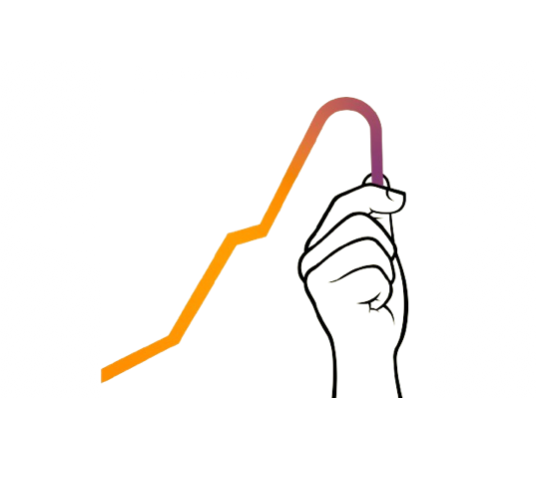Why feminism, why not human rights you ask? Because to use an expression like human rights is to pretend that it was not women who, for generations, have been excluded. It is not unknown to us how the pressure of poverty weighs down way heavier on women than men in a country like India. When we step down the social ladder, things seem to be even more problematic. Most of the girl children, belonging from the lower strata of the society, do not get to see a classroom throughout their lives. Most of us already know that approximately 23 million young girls drop out of school every year either due to family pressures or lack of basic facilities like toilets and good menstrual hygiene management facilities. Most of these women are raised only to take care of their family and cater to the needs of elders. According to an analysis, women tend to devote five to six hours of their day to unpaid care work, against men who devote merely half an hour. In India, it is acceptable to criticize and abuse women if they fail to satisfy the exceeding expectations of the ‘male head’ of the family and that is what sets women back both economically and socially.
I feel there is an increasing need for us to get women on board. Greater representation of women in every sphere is necessary to unite our voice against discrimination. We need to speak up about our own experiences of discrimination, highlighting sexual remarks, harassment, and objectification that we face almost every day. The more people around us are made aware, the more they will encourage us to step in and provide a solution. We must try to support other local campaign groups because an increase in strength in numbers will lead to more voices, increasing the chances of being heard. We need to understand the importance of education to save women from getting married at a young age, gender-based and domestic violence, etc. By receiving education, women will develop fundamental skills and attain knowledge that can help them in becoming economically independent and improve their quality of life.
Men too play a vital role in the process of achieving equality of genders. If I were a man, I would have acknowledged the privileges I have been born with, understanding this society which is led forward by men with women having little or no role in it. I would educate myself on the issue and showed solidarity by standing with women and girls for the eradication of the patriarchal, sexist, and misogynistic norms that are deep-rooted in our society. Being a man, I would try to challenge negative and toxic masculinity that manifests in men which often leads to violence against women, resulting in sexual harassment and murders. As a progressive man, I would share the space that patriarchy has given us, to promote women’s leadership for achieving our goal of gender equality because fighting together for justice is the foundation of building an equal society.

Unpacking the Global Resource Outlook 2024
In an era where the echoes of sustainability resonate more profoundly than ever, a group of determined interns—Aarav, Razia Karim, Diksha Yadav, Washim Ahmed, Sanjana, and Godavari—have embarked on a crucial mission. Their goal: to decode the dense scientific discourse of the Global Resource Outlook 2024 into a language that speaks directly to the heart of our communities. This document, a pivotal analysis of our planet’s resource use, calls for an urgent shift towards sustainable practices to address the pressing crises of climate change, biodiversity loss, and pollution. By translating these insights into accessible knowledge, our interns aim to ignite a movement towards sustainability, fostering community engagement, influencing behavioral change, and advocating for policies that protect our natural world. Join us on this journey of discovery, learning, and action as we strive towards a sustainable and equitable future for all.
